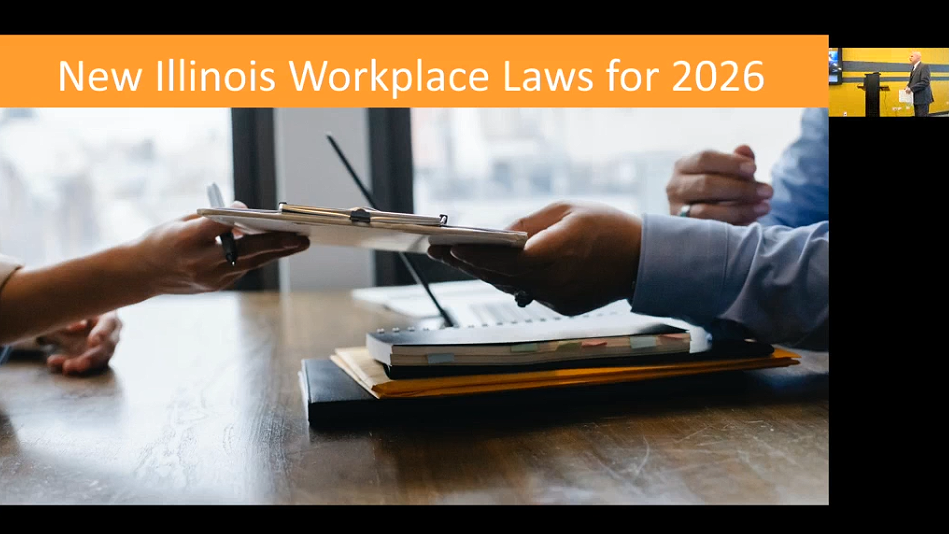Top Ten Mistakes for Business Owners’ Trusts
The integration between business planning and estate planning intersect at how you should own your interests in the corporate or LLC entity that operates your business. There is high probability that your business advisor told you to own your business entity through your trust. The following are the top ten mistakes that we see in business owners’ trusts:
1)
Select the Correct Successor Trustee.
Depending on the breadth of your
assets, your successor trustee will step into your shoes upon your death and
control the assets that are owned in the name of the trust. Presumably, you own
your business interests through your trust. Therefore, your successor trustee
must understand your business and know how to run it.
2)
Use of Special Asset Advisors.
If
you have a diverse group of assets in your trust, and your successor trustee
(probably your spouse or your child) does not know much about your core
business, you can name a “special asset advisor” to advise your trustee with
respect to certain, specific assets, i.e., your operating business, such as your
restaurant.
3)
Succession of the Business.
Do
not put anyone in a position to fail. Make sure that as you begin to see your
retirement on the horizon, your trustee and special asset advisor have been selected
and included in your trust, or you have a buy-out mechanism in your
documentation that allows and contemplates the ongoing nature of your business,
even after your death.
4)
Equalizing Gifts.
If you leave your business to one child or a few
of your children who are active in the business, you may want to make
equalizing gifts to non-employee children from other assets in your trust. Please
discuss with your tax advisor how to handle this in light of a potentially changing
value of your core business.
5)
Your Trust May Become Irrevocable Upon Your Death.
Typically, the
trust that you have documented for your estate planning is a revocable
trust, meaning you (and only
you) can change the language in the trust document during your life. However, many
provisions of your trust become irrevocable after your death, which limits your
successor trustee’s flexibility on how to operate the business with the oversight
of the special asset advisor.
6) Do Not
Let Your Trust Trigger a Default Under Your Organizational Documents.
Only
certain trusts qualify to be eligible shareholders of an S-Corporation. Make sure
your death does not trigger an adverse tax consequence for your family, and
ensure that your trust accounts for this ongoing eligibility.
7)
Valuation Formula.
Make sure
that as you distribute interests of your business for estate planning purposes
to your children that a fair and equitable valuation formula is built into the
governing documents of the business. While the IRS does not need to “honor”
your formula, absent a methodology for valuing the company, the IRS may
overstate the value for estate tax purposes. Also, equalizing gifts to
non-employee children will be easier to calculate with a valuation formula.
8)
Consider the Effects of Lifetime Gifting to Your Children or Your Spouse.
If your children receive the business interests at your death, they will receive
a “step up” in tax basis, which is a significant tax benefit. However, lifetime gifting of business ownership
to the children acts as an economic incentive for the children to stay part of
the family business and dedicate their careers to the same.
9)
Liquidity After Death.
Recall that if your estate is large enough,
there may be an estate tax due upon your death. Often times a business owner’s
greatest asset is their business, and no one wants to liquidate all (or a
portion) of the business in order to generate cash to pay estate tax to the
state and federal government. Be aware of how the business valuation and its
lack of liquidity may affect your tax planning.
10)
Life Insurance is Still a Useful
Tool in Estate and Business Planning.
Life insurance is frequently used to
solve liquidity problems and to fund buy-sell agreements between business
partners. While it can be costly, it is a fair and equitable funding source in
small business agreements, and for estate tax.
For any further discussion, please reach out to Kerry Lavelle at klavelle@lavellelaw.com or 847-705-7555 to schedule an appointment.
More News & Resources
Lavelle Law News and Events












